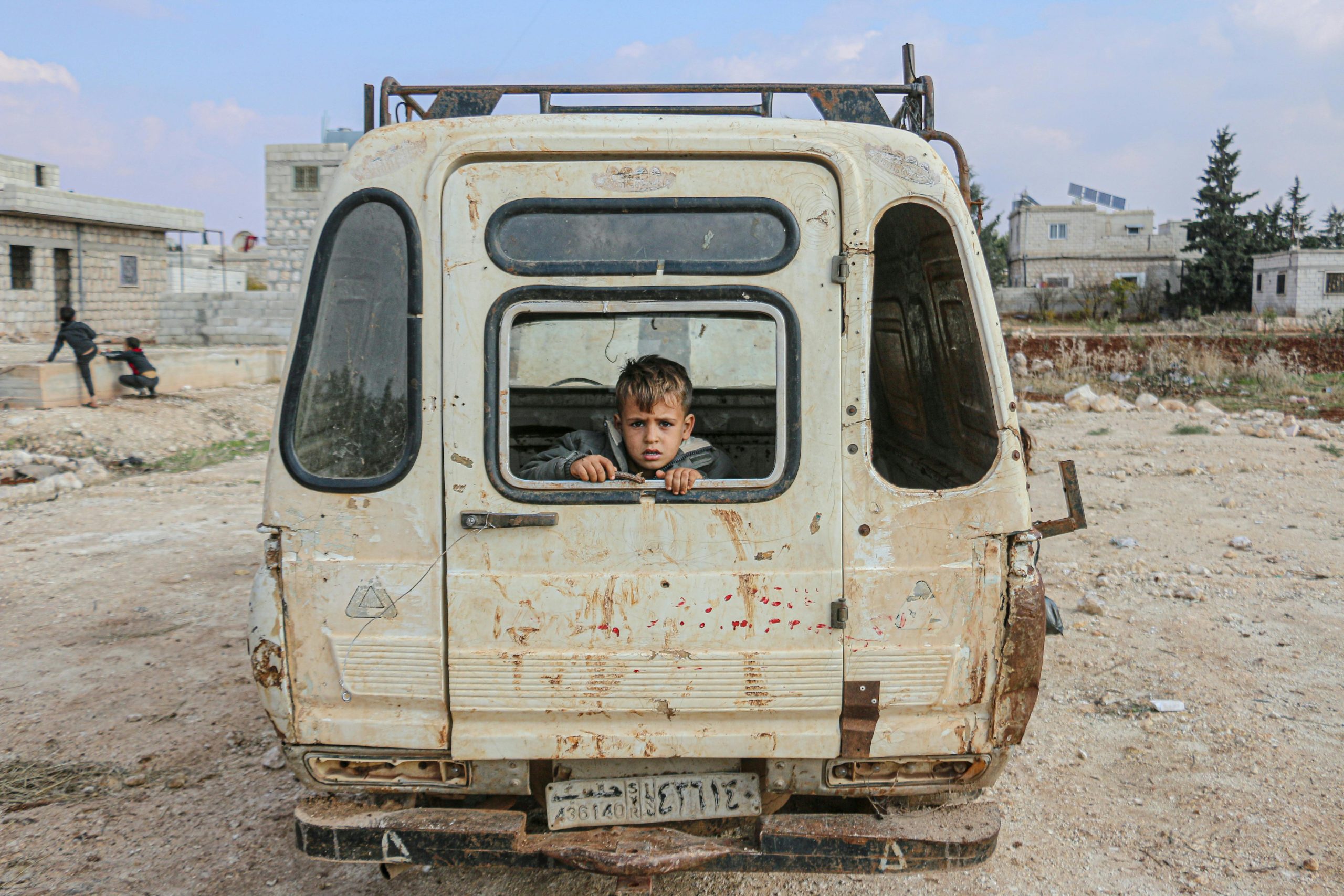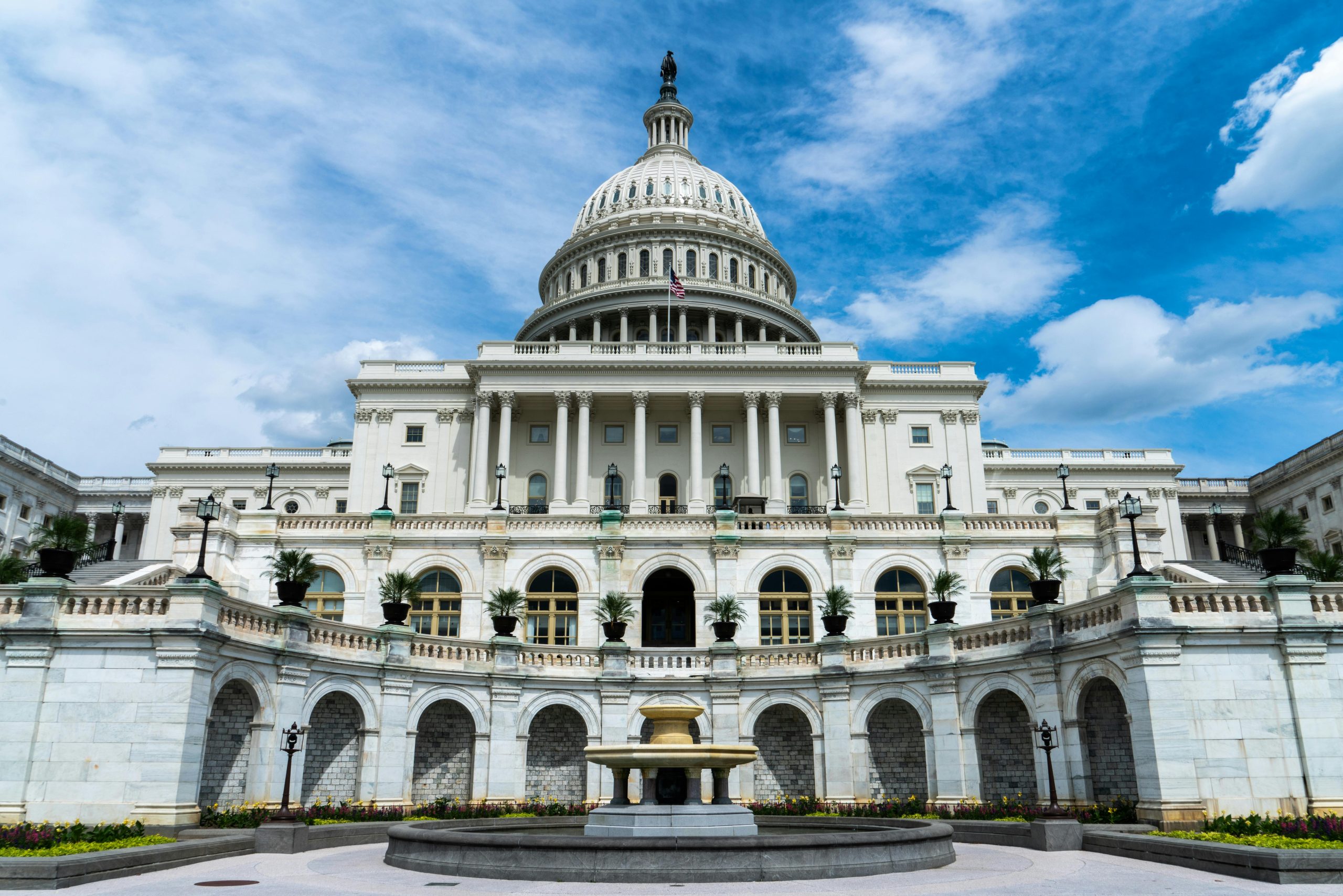Vermont’s refugee resettlement process is facing serious challenges after President Trump signed an executive order halting the entry of new refugees into the United States. This move has affected both refugees already in the state and those who were waiting to arrive, including many who have been waiting for years. With the sudden stop in funding for refugee resettlement programs and the cancellation of flights for some refugees, the state is working to find solutions despite the growing uncertainty.
Major Changes for Refugee Resettlement Agencies
The federal government’s sudden decision to pause refugee resettlement has left many local organizations scrambling. As part of the executive order, funding for groups that help refugees settle into their new lives has been temporarily stopped. This has had an immediate impact on staff, with workers in Vermont no longer able to receive payment for the essential services they provide, especially the Reception and Placement Program. This program is crucial for helping refugees in their first three months in the country by assisting with finding jobs, housing, and navigating various benefits.
Tracy Dolan, the director of the State Refugee Office in Vermont, explained that the work stoppage was shocking. She mentioned that it was unexpected, especially because such drastic action had never been taken before. This pause has not only affected the daily lives of refugees but has also caused distress for the agencies that are used to providing these essential services.
Effects on Refugees Already in Vermont
For refugees already living in Vermont, the situation has become more difficult. Some have been waiting for their families to join them, and now they are uncertain about when they will be reunited. Many of these refugees had relatives who were in the process of traveling to the United States, only to find out that their flights have been canceled or delayed. This is especially heartbreaking for Afghans who had worked alongside the U.S. military and were promised that their families would be brought to safety. The situation is tough, as these refugees, who have already faced immense challenges, now must deal with additional uncertainty.
The state had been expecting around 650 refugees to arrive in Vermont this year. However, with the suspension of flights and the freeze on new arrivals, only about 160 refugees have been resettled so far. This is a significant decrease, and local organizations are struggling to support the smaller number of people already in the state, let alone help those who were supposed to arrive soon.
A Challenging and Uncertain Future
While this pause is a major setback, Vermont’s commitment to being a welcoming place for refugees remains strong. Despite the difficulties, the state is continuing to support refugees as much as possible, ensuring they still have access to essential services. Local people and community groups are also doing their best to help by connecting refugees to jobs and resources, even as they face these challenges.
Tracy Dolan remains hopeful that things will improve. She emphasized that Vermont has a long history of successful refugee resettlement and that the state will continue to work hard to help refugees build new lives, even if the current situation is difficult. There is still hope that, in time, refugee resettlement will resume at full capacity, and Vermont will be able to continue welcoming those who need safety and a fresh start.
Looking Ahead
The future of refugee resettlement in Vermont and across the United States remains uncertain. While the current situation is difficult, it is important to remember the strength and resilience of the refugee community and the local organizations that support them. Vermont’s commitment to helping those in need is unwavering, and despite the obstacles, there is hope that refugee resettlement will soon return to normal. The coming weeks and months will be crucial in determining how the state moves forward in this ever-changing landscape.
(Source : vermontpublic.org)


 by
by 

